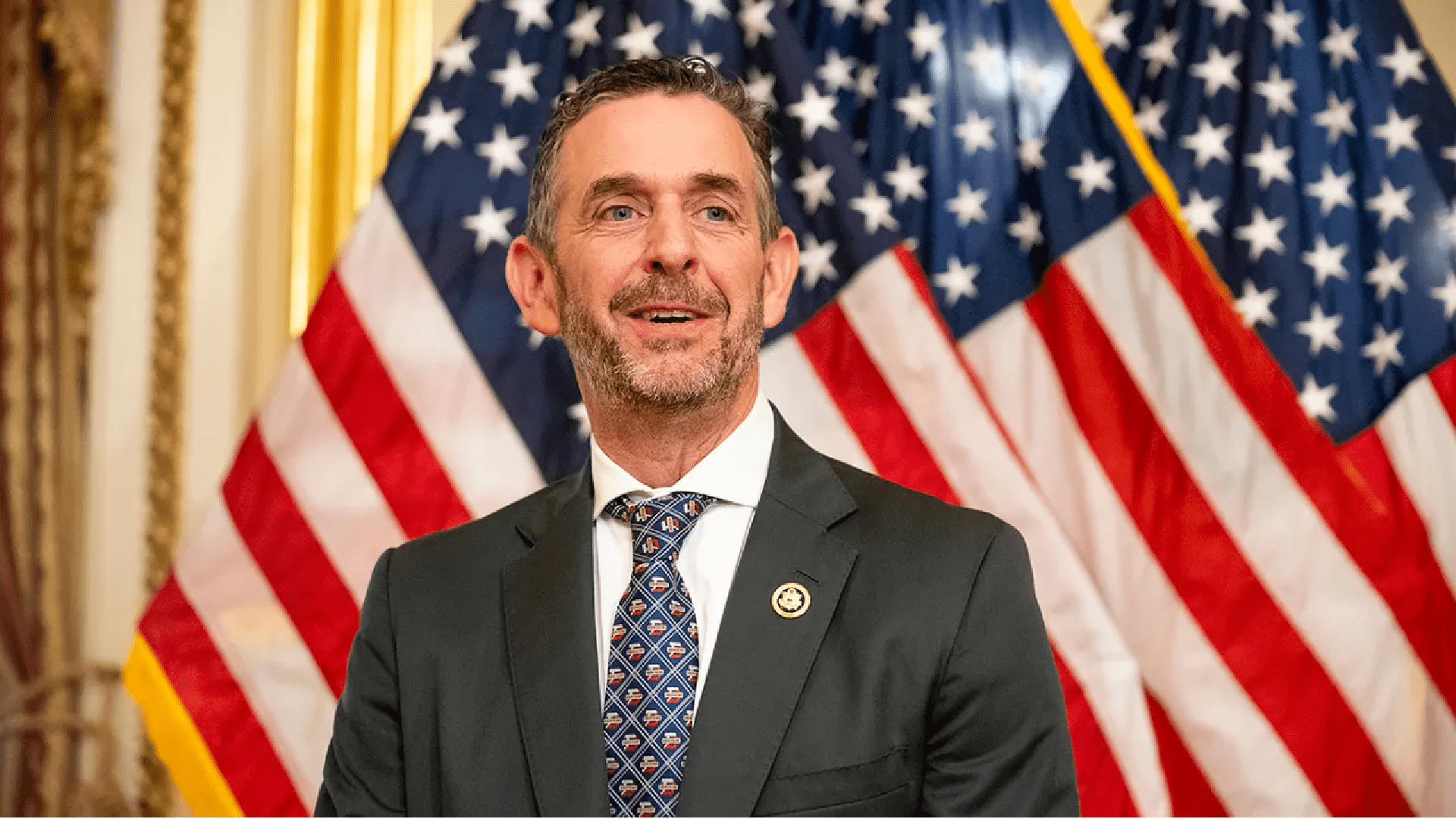The Giving Alien Migrants Back through Lawful Excise Redistribution (GAMBLER) Act, proposed by Representative Mike Rulli (R-OH) on Friday, would transfer money collected from the federal tax on sports betting to Immigration and Customs Enforcement (ICE) if it becomes law.
Following days of anti-ICE demonstrations in some of the biggest US cities and ahead of a wave of "No Kings" protests planned for Saturday across the nation, the Ohio Republican submitted the bill on Friday. The events in Los Angeles, where protests, some of which were peaceful, were so intense that President Trump summoned Marines from the adjacent Marine Corps Air Ground Combat Center, commonly known as 29 Palms, seemed to inspire Rulli.
"Working-class Americans are paying the price while blue states and sanctuary cities harbor millions of illegal aliens who wave foreign flags in our streets, vandalize property, and drain resources meant for our own citizens,” said the congressman in a statement. “Our neighborhoods are being overrun, our laws ignored, and our voices silenced by an out-of-touch elite that refuses to act. In any other country—or any other time in history—this would be called exactly what it is: an invasion. And the American people are done being ignored.”
According to the news release, immigration reform group NumbersUSA has already expressed support for the GAMBLER Act.
Additional GAMBLER Act Information
The Revenue Act of 1951, which was put into place to reduce unlawful wagering under the direction of organized crime, included a federal excise on sports betting. The initial rate of 10% was dropped to 2% in 1974 and then again to 0.25% in 1982, which is the current amount.
By altering the Internal Revenue Code of 1986, Rulli's GAMBLER Act would create a Border Enforcement Trust Fund inside the Treasury Department. Instead of going to the Treasury's general fund, the fund would manage the $300 million that the federal government receives each year from the sports wagering excise. ICE would subsequently get that capital from the Border Enforcement Trust.
Although $300 million is undoubtedly a significant sum of money, it is little by US government standards. It is only a small portion of the $11 billion ICE budget that has been suggested for 2025, which some predict might treble by 2028. According to Rulli, his law places a strong emphasis on border security and accountability.
“This is about fairness, accountability, and restoring the rule of law,” he added. “The GAMBLER Act is a common-sense solution that gives ICE the tools it needs—without raising taxes—to take back control of our borders and protect the American people.”
The Gambler Act Is Up against Competition
Because legislation that would repeal the federal sports betting tax has bipartisan support, the GAMBLER Act is up against competition in the House. Earlier this year, Republican Representative Guy Reschenthaler of Pennsylvania and Democratic Representative Dina Titus of Nevada introduced the bill, which has been suggested several times.
Those two lawmakers have proposed legislation to eliminate the handle tax four times now. The Congressional Gaming Caucus, of which both are members, has not yet released a statement regarding the GAMBLER Act.
Neither Rulli nor any other member of the Ohio congressional delegation are a member of the gaming caucus.

 United Kingdom
United Kingdom
 Germany
Germany
 Finland
Finland
 Norway
Norway
 Canada
Canada
 Ireland
Ireland














